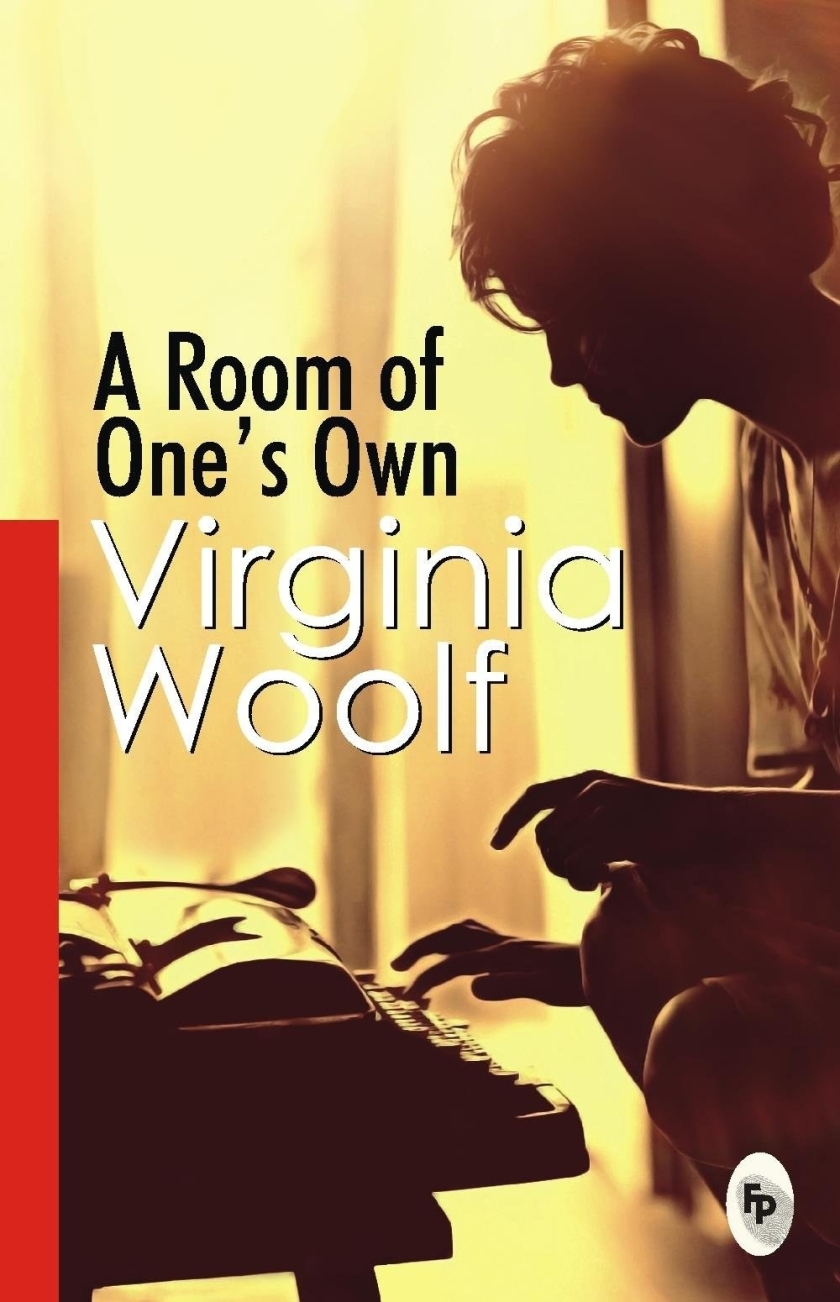❮ Poetry & Prose ❮ Books / People
Dante Alighieri was born in 1265 into the lower nobility of Florence, to Alighiero di Bellincione d’Alighiero, a moneylender. A precocious student, Dante’s education focused on rhetoric and grammar. He also became enamored with a young girl, Beatrice Portinari, whose death in 1290 caused a lot of sadness to say the very, very least…
Beauty awakens the soul to act.

The hottest places in hell are reserved for those who, in times of great moral crisis, maintain their neutrality.




The Divine Comedy of Dante
The Reverend Henry Francis Cary (1772–1844) was a British author and translator, best known for his blank verse translation of Dante’s The Divine Comedy. That’s the version here:

~
Dante’s ‘Inferno’ — a medieval journey through the nine circles of Hell — is discussed in this BBC Radio 4 podcast.
~
“Abandon hope, all ye who enter here.” This famous phrase is written above the gate of Hell in a 14th century poem by the Italian poet Dante Alighieri. The poem is called the ‘Divine Comedy’ and Hell is known as ‘Dante’s Inferno’. It is a lurid vision of the afterlife complete with severed heads, cruel and unusual punishments and devils in frozen lakes. But the inferno is much more than a trip into the macabre – it is a map of medieval spirituality, a treasure house of early renaissance learning, a portrait of 14th century Florence, and an acute study of human psychology. It is also one of the greatest poems ever written.
~
— Host, Melvyn Bragg, discuses this topic with Margaret Kean, University Lecturer in English and College Fellow at St Hilda’s College, University of Oxford; John Took, Professor of Dante Studies at University College London and Claire Honess, Senior Lecturer in Italian at the University of Leeds and Co-Director of the Leeds Centre for Dante Studies.
ENGLISH LIT.
English style guide
The English language
Booker / “Nobel” / Pulitzer
Elizabethan era / “Love letters”
“Definitive List of Literary Works”
French in English / Latin in English
Anthology / Chronology / Terminology
Phrases & idioms with their etymologies
Literary criticism: analysing poetry & prose
Glossary of works, writers and literary devices:
A B C D E F G H I J K L M N O P Q R S T U V W X Y Z
📙 Books 📕 Poets 📗 Thinkers 📘 Writers
 |
 |
 |
 |
 |
 |
 |
 |
 |
READING LISTS ETC.
 The Prophet The Prophet“If you love somebody, let them go, if they don’t return, they were never yours.” |
 The Essential Rumi The Essential Rumi“Lovers do not finally meet somewhere. They are in each other all along.” |
 Ways of Escape: Ways of Escape:a journey of sorts A short excerpt from the book: “I was dead, deader than dead because, I was still alive.” |
 The Significance of The Significance ofLiterature A podcast series that chronologically charts the key works of poetry and prose. |







![The Trial, by Franz Kafka (1914 [1925]) -- A terrifying psychological trip into the life of one Joseph K., an ordinary man who wakes up one day to find himself accused of a crime he did not commit, a crime whose nature is never revealed to him. Once arrested, he is released, but must report to court on a regular basis--an event that proves maddening, as nothing is ever resolved. As he grows more uncertain of his fate, his personal life--including work at a bank and his relations with his landlady and a young woman who lives next door--becomes increasingly unpredictable. As K. tries to gain control, he succeeds only in accelerating his own excruciating downward spiral.](https://bidoonism.files.wordpress.com/2020/09/base-of-page-book___the-trial.jpg?w=840&h=1192)



